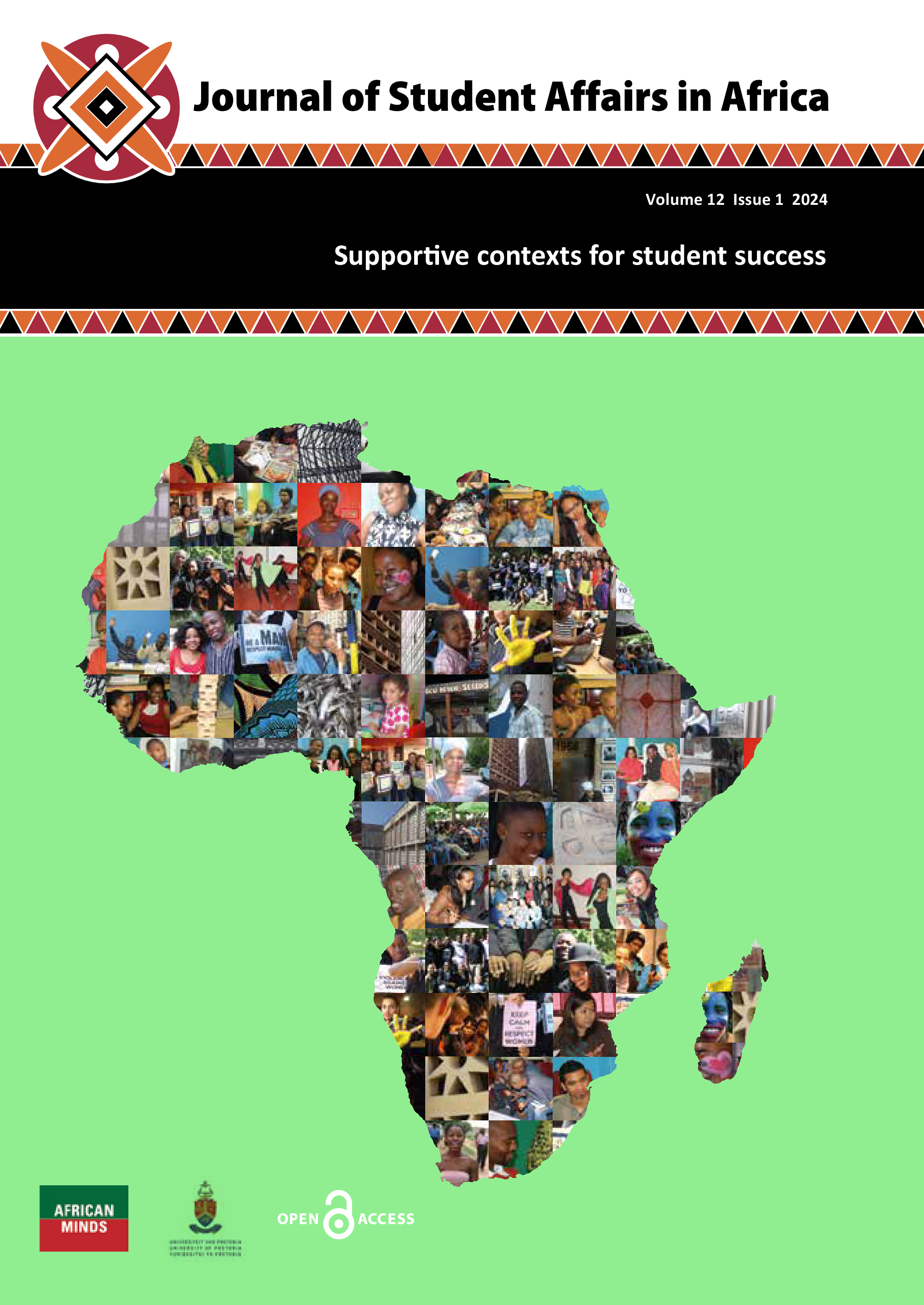Student motives, expectations and preparedness for higher education: A gender-based study
DOI:
https://doi.org/10.24085/jsaa.v12i1.4395Abstract
This study aimed to identify whether gender differences exist related to the motives, expectations and preparedness of students entering accounting studies at a South African university. A questionnaire was used to gather the data from a sample of first-year students and t-tests were employed to identify differences in findings between gender groups. The findings indicate that gender differences exist in the motives for studying and for choosing to study accounting, in particular with females indicating a stronger desire to gain a better understanding of themselves, while males appeared more confident of succeeding in the programme and scoring marks at the top of the class. Identifying and understanding gender differences is expected to have implications for teaching and learning which can further reduce gender imbalances in the profession. The study is of particular interest to academics, professional bodies and universities educating students in the field of accounting, which has historically been perceived to be a male-dominated profession.
Downloads
Published
Issue
Section
License
Copyright (c) 2024 Jade Jansen, Badrunesssa Williams, Azmatullah Latief

This work is licensed under a Creative Commons Attribution-NonCommercial-ShareAlike 4.0 International License.
Authors who publish with this journal agree to the following terms:
Authors retain copyright and grant the journal right of first publication with the work simultaneously licensed under the Creative Commons Attribution Share-alike 4.0 International License that allows others to share the work with an acknowledgement of the work's authorship and initial publication in this journal.
Authors are able to enter into separate, additional contractual arrangements for the non-exclusive distribution of the journal's published version of the work (e.g., post it to an institutional repository or publish it in a book), with an acknowledgement of its initial publication in this journal.
Authors are permitted and encouraged to post their work online (e.g., in institutional repositories or on their website) prior to and during the submission process, as it can lead to productive exchanges, as well as earlier and greater citation of published work (See: The Effect of Open Access).


